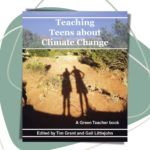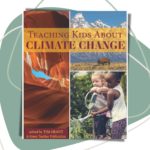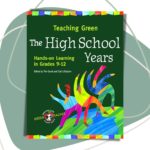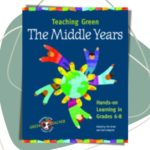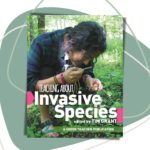Experiential Science Transforms Teens
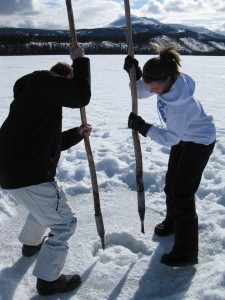
Originally appears in the Winter 2016 issue
Why has the lake level dropped more than a meter? Why are caribou being killed so frequently by highway traffic? Are we cutting the local forest in a sustainable fashion? Why has our lake become covered with algae? Is the intertidal zone impacted by our actions? Behind each of these questions lie passion and care. For more than twenty years, these have been the kinds of questions scientists and communities have asked the Experiential Science 11 (ES11) class, based in the Yukon, to study. Their interest was to have the students collect information and forward their findings so that they could make informed decisions.
In this article, I describe how such questions have sparked passion and engagement amongst students. When they have opportunities to work on “real” problems, relationships with community and scientists grow. This experiential approach to addressing community concerns leaves lasting impressions on both students and teachers. The following examples may provide others with insights into the principles, organizational arrangements and teaching practices that have been so successful in this integrated semester-long program.
To view the photo-rich magazine version, click here.
If you are not already a subscriber, please subscribe to read the full article
Bob Sharp has held many educational positions in Yukon Education, starting in 1968 as the principal of Ross River School. In 1994, Bob created the ES 11 program and remains an active contributor to it.
Resources
The following may provide teachers with resources useful for starting their own experiential program. Many examples are still under development.
Leave a Reply
You must be logged in to post a comment.






